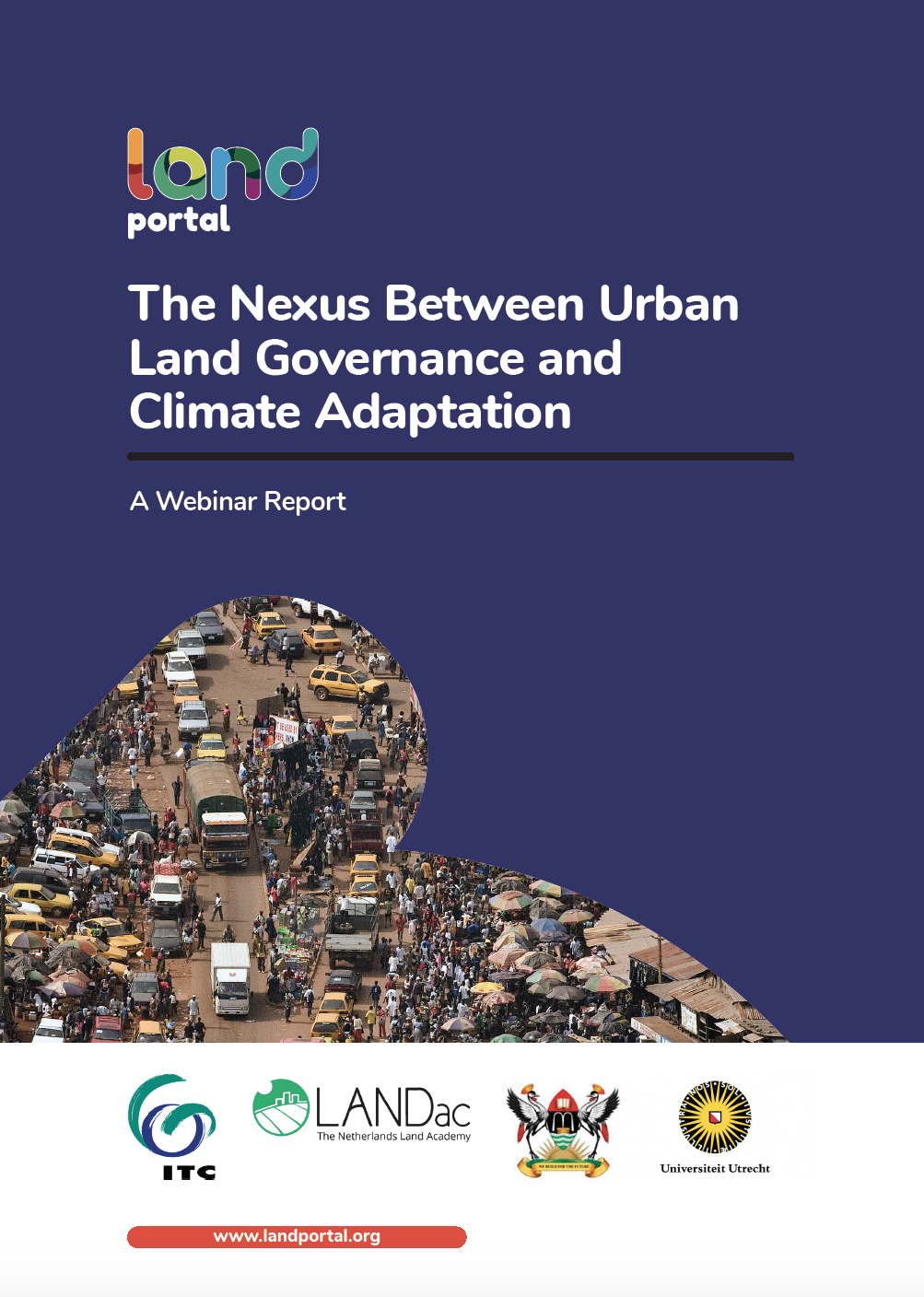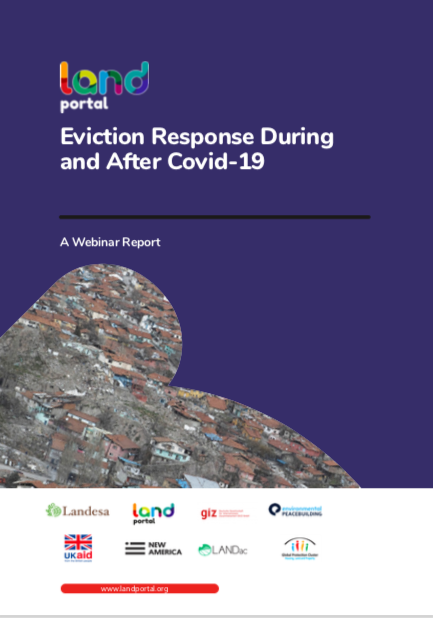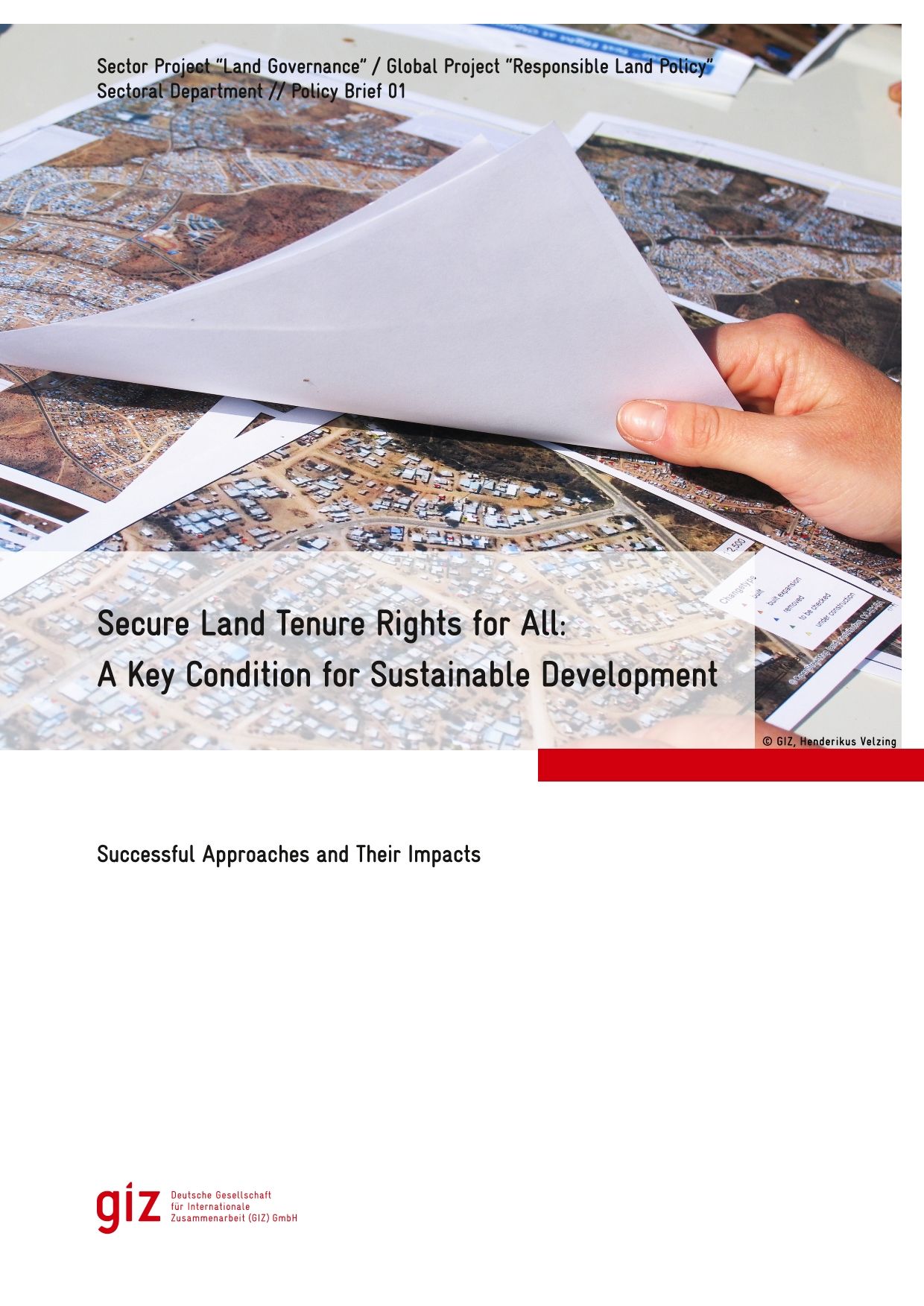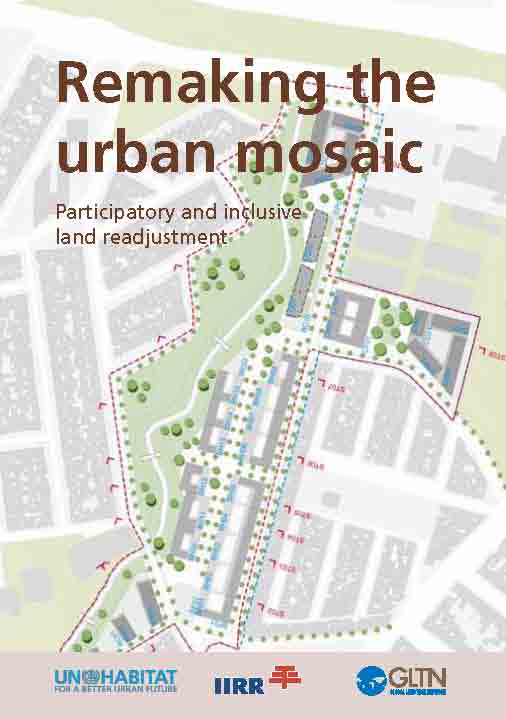The Nexus Between Urban Land Governance and Climate Adaptation
Informal settlements in areas that are already disaster prone are an increasing problem. Climate adaptation is also often used as an excuse fo evictions to redevelop sites in a more climate-proof manner in what is often referred to as ‘climate gentrification. Nature-based solutions to climate change, such as increasing green spaces, may increase home values, but the question of who benefits from these initiatives arises. How can the side effects of climate interventions that can lead to inequality, such as increase in value, be avoided?









